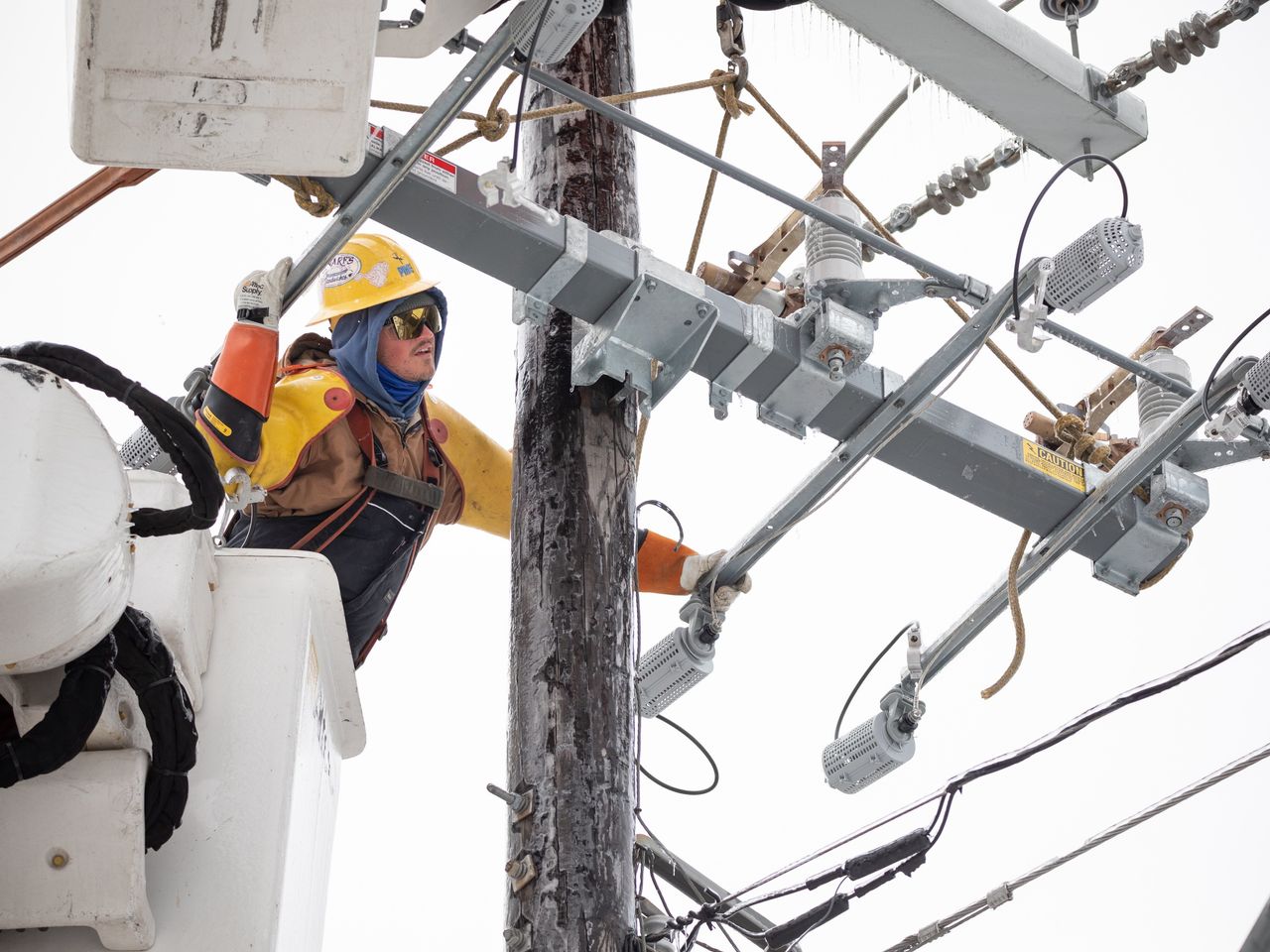As past commissioners of the Public Utility Commission of Texas, we helped to design and implement many elements of the Electric Reliability Council of Texas’ (ERCOT) electric system and market structure between 1995 and 2004. Some of today’s problems were not obvious then, and much has changed in ERCOT over the last decade. The February 2021 disaster resulted from multiple policy, operational and planning failures across our state’s electric, natural gas and water systems. We must address those failures to protect Texas’ future.
The Texas Legislature has just passed new laws to address many of the problems behind this disaster. Requiring minimum winterization standards for power plants to prepare for extreme events is a strong first step. Changes to electric scarcity pricing rules and securitization of some of the high bills from the February disaster are also helpful. But there is more to do to protect customers and ensure that our entire energy infrastructure supports a robust Texas economy. We offer twenty recommendations to Texas officials and citizens for this purpose.
In February, as gas deliveries fell off, prices rose by 100 times or more. We need to figure out how to determine when natural gas prices reflect market-appropriate scarcity versus price gouging.
We need to weatherize our homes too. The spike in demand that led to February’s outages occurred because too many Texas homes have inefficient heaters and air conditioners with little thermal insulation. We must adopt better building codes for new homes and make existing homes more energy efficient. Homes that are easier to heat and cool will reduce the burden on the electric grid, protect Texans’ health and comfort during future storms and heat waves, create jobs and save money.
We must handle grid emergencies better. Instead of voluntary emergency programs, we should pay more customers to cut their load when grid conditions are tight. If we ever need to roll outages across the state, industrial and commercial customers should drop load before cutting residential neighborhoods. We should treat all critical infrastructure equally, protecting all from load cuts while requiring them to have better backup power systems.
Utilities need to segment their systems into smaller pieces so they can rotate load fairly among customers. And ERCOT must reexamine methods to restart the grid after any future collapse.
Positive change won’t occur without better governance. Although the Legislature is adding two more commissioners to the Public Utility Commission, it must add additional staff and funds as well.
The Legislature also changed the ERCOT board structure. Still, this crucial entity should be run by an independent, non-political board made up of the best engineers, economists and policy experts in our nation.
Texas is the world’s ninth-largest economy. The future power grid is coming of age here thanks to our rich wind, solar and hydrocarbon base, and welcoming open market. We owe it to our fellow Texans to learn from this event so events similar to this major electricity failure never happen again.
The authors’ recommendations, “Never Again: How to prevent another major Texas electricity failure,” are available at cgmf.org.
All authors are past commissioners of the Public Utility Commission of Texas who served in the 1990s or 2000s. Wood III is the CEO of Hunt Energy Network, an energy infrastructure firm. Gee is president of Gee Strategies Group. Walsh is retired. Perlman is the CEO of the Center for Houston’s Future. Klein is principal of Klein Energy LLC, an energy and water consulting firm, and Founder of the Texas Energy Poverty Research Institute. Silverstein is an independent consultant working on grid reliability, resilience, and the clean energy transition.
You may also read this opinion at HoustonChronicle.com.
The report was funded by a grant from Energy Foundation and the Cynthia and George Mitchell Foundation.

